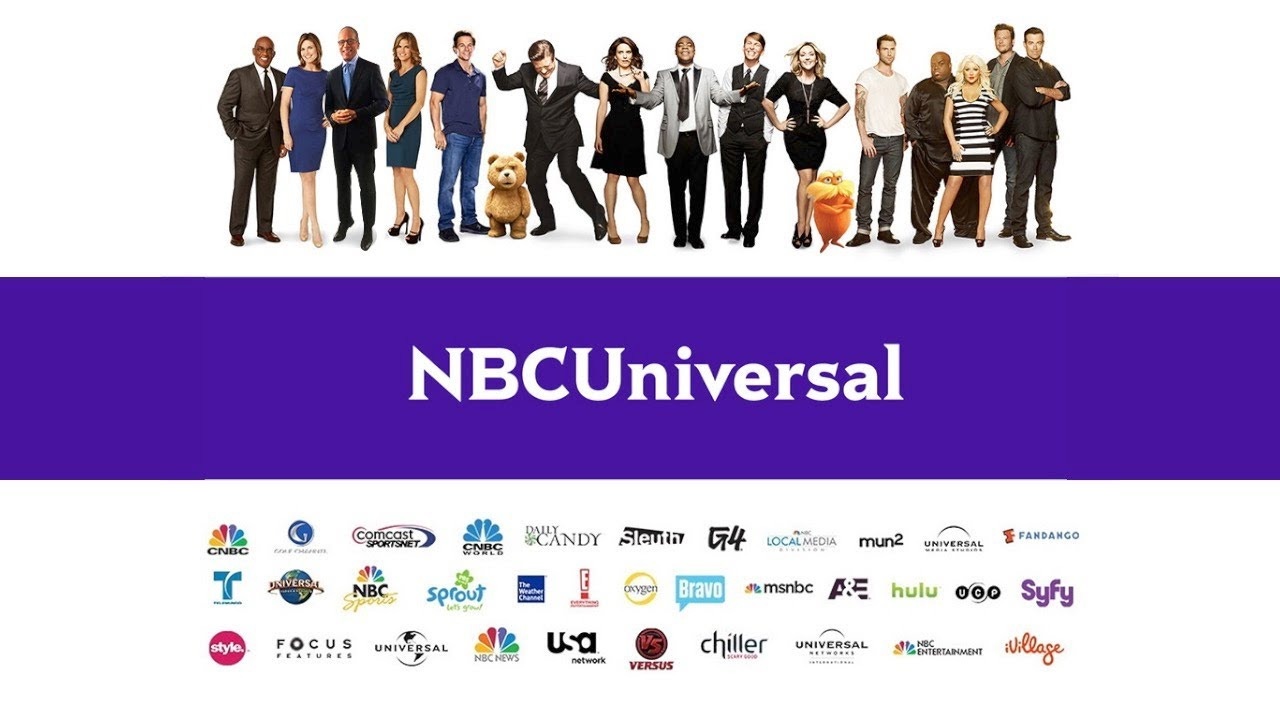07/30/2025: New Guidance on Handling Railway Labor Act Jurisdiction Questions
An interesting representation issue involving a recognized but uncertified union.
Guidance for Sending Cases to the National Mediation Board, GC 25-09 (GC Memo)
This July 29, 2025, memorandum from Acting General Counsel William B. Cowen provides guidance on cases raising jurisdictional questions between the National Labor Relations Board (NLRB) and the National Mediation Board (NMB) under the Railway Labor Act (RLA).
Key Points
The NLRB's jurisdiction under the National Labor Relations Act (NLRA) is mutually exclusive with the NMB's jurisdiction under the RLA.
Section 2(2) of the NLRA explicitly excludes "any person subject to the Railway Labor Act" from the definition of employer, exempting such employers from NLRB jurisdiction.
The memorandum addresses a recent trend where Regional offices have stopped referring questionable jurisdiction cases to the NMB and instead made jurisdictional determinations themselves.
Policy Clarification
The memorandum reaffirms the NLRB's longstanding policy:
When jurisdiction clearly belongs to the NLRB, Regions should continue processing the case.
When jurisdiction clearly belongs to the NMB, Regions should refer parties to the NMB and dismiss the charge or petition (absent withdrawal).
When jurisdiction is arguable or doubtful, Regions must refer the case to the NMB for an advisory opinion.
Rationale
The memo emphasizes that:
Both the RLA and NLRA share similar purposes of protecting interstate commerce, freedom of association, and employee self-organization.
The RLA specifically aims to protect the transportation industry from "any interruption to commerce" through structured bargaining and dispute resolution processes.
Bypassing proper jurisdictional determination undermines industrial stability, free flow of commerce, and employee free choice.
Directive
Regional Directors are instructed to:
Hold cases in abeyance and refer them to the NMB when jurisdiction is unclear.
Submit cases with difficult questions or unique circumstances to the Division of Advice.
Significant Cases Cited
Chelsea Catering Corp., 309 NLRB 822 (1992): Demonstrates the Board's policy of referring unclear jurisdictional questions to the NMB for advisory opinions.
Federal Express Corp., 323 NLRB 871 (1997): Affirms the Board's practice of seeking NMB's views on jurisdiction "whenever the issue is not entirely clear."
Federal Express Corp., 317 NLRB 1155 (1995): Earlier decision referenced in the 1997 FedEx case regarding jurisdictional determinations.
Pan Am. World Airways, 115 NLRB 493 (1956): Establishes the Board's recognition that NMB has exclusive authority to determine its own jurisdiction.
Northwest Airlines, Inc., 47 NLRB 498 (1943): Early precedent regarding the Board's approach to jurisdictional questions involving the RLA.
NBC Universal Media, LLC, 02-RC-364684 (Regional Election Decision)
This July 29, 2025 decision by NLRB Regional Director John D. Doyle, Jr. addresses a representation petition filed by NABET-CWA seeking to represent technical employees at NBC Universal Media working on MSNBC and NBC News Now productions in New York.
The case centers on a petition by NABET-CWA, which already had recognition (but not certification) for the "daily hire" technical employees through a 2007 MSNBC Agreement. Under this agreement, NBC applied the terms of the Master Agreement's "A" or "D" Contracts to daily hires, and the union had been representing them in grievances, collecting dues, and negotiating contract terms. However, the union was not recognized as the representative for staff technicians.
NBC Universal argued that the petition should be barred under the Board's contract bar doctrine because the existing Master Agreement (effective through 2027) covered the daily hire employees. NBC contended that the only way for a contracting union to seek an election without being barred by its contract was to disclaim interest in representing the employees.
The Regional Director rejected NBC's argument, explaining that the contract bar doctrine doesn't apply when the petitioning union is already party to the contract - a principle established in numerous cases. The Director noted that a recognized but uncertified union is entitled to seek Board certification through a "General Box election," even when seeking to represent a unit including both employees covered under the existing contract and previously unrepresented employees.
The Director also analyzed whether the petitioned-for unit combining staff technicians and daily hires was appropriate for collective bargaining. Finding that they share the same qualifications, training, job functions, supervision, and work side-by-side in the control room, the Director concluded they share a sufficient community of interest to constitute an appropriate bargaining unit. While some terms and conditions of employment differ (e.g., staff technicians receive paid time off while daily hires do not), these differences were not significant enough to render the unit inappropriate.
Additionally, the Director ruled on the method of election, ordering a mail ballot election rather than the manual election requested by NBC. This decision was based on the varied schedules of employees in the 24-hour news operation and the inefficient use of Board resources that would be required to conduct a manual election spanning multiple days and times.
The Director denied NBC's motion to reopen the record to introduce evidence about Comcast's plan to spin off MSNBC into a new company called Versant, ruling that evidence of changes occurring after the hearing closed could not be admitted.
The decision directs a mail ballot election to be conducted for the approximately 158 employees (57 staff technicians and 101 daily hires) in the unit.
Significant Cases Cited
Duke Power Co., 173 NLRB 240 (1968): Held that the Board can direct an election in a unit including both represented employees covered by an existing contract and unrepresented employees.
General Box Co., 82 NLRB 678 (1949): Established that a labor organization recognized through voluntary recognition rather than certification is entitled to seek Board certification.
Appalachian Shale Products Co., 121 NLRB 1160 (1958): Outlined the contract bar doctrine's purpose to balance industrial stability with employee free choice.
San Diego Gas and Elec., 325 NLRB 1143 (1998): Established Regional Directors' discretion to direct mail ballot elections where appropriate.
United Operations, 338 NLRB 123 (2002): Delineated the community of interest factors used to determine appropriate bargaining units.

